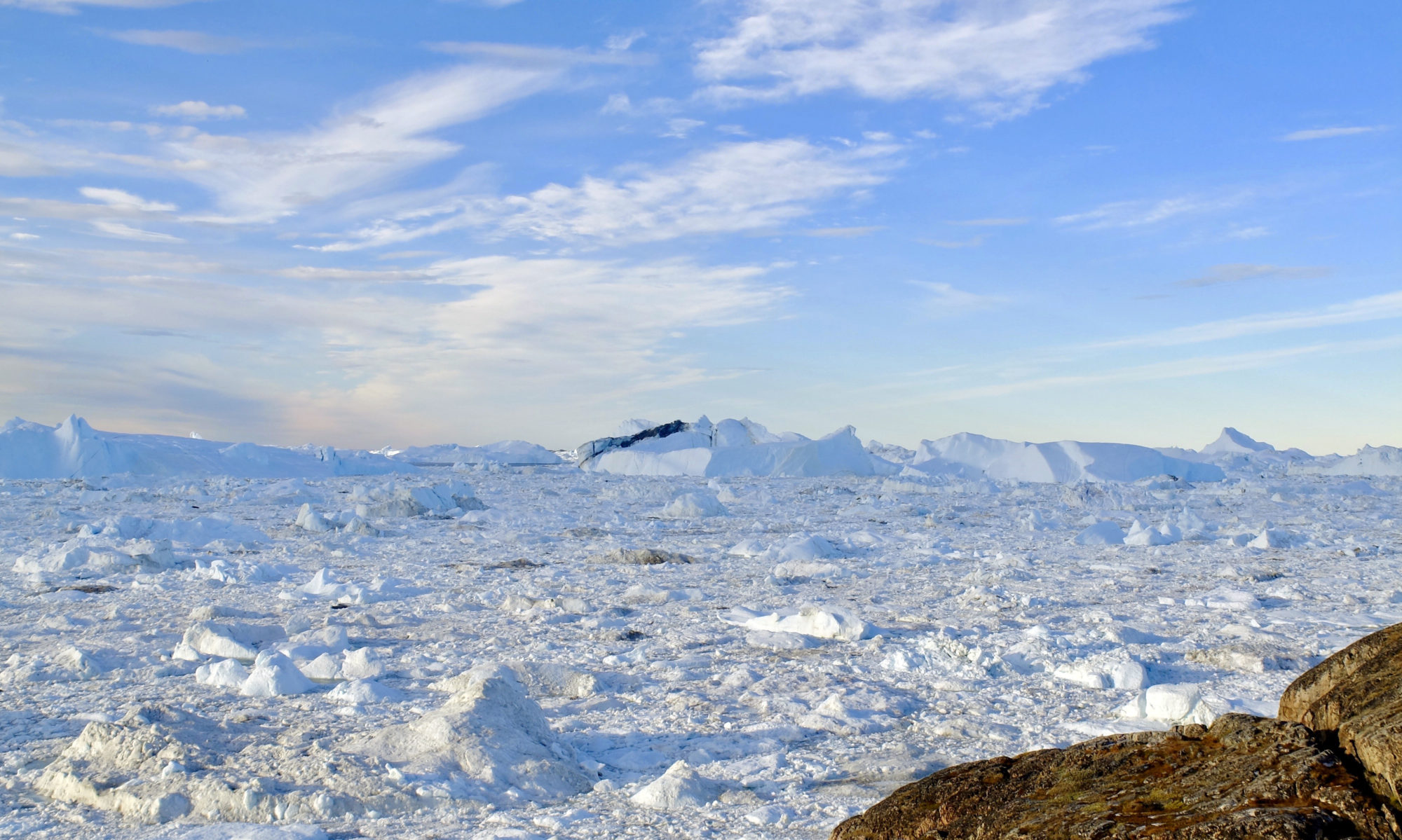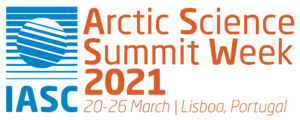SAS has a session on ASSW2021. Submit abstracts through the ASSW21 website https://assw2021.pt/
The new deadline is Dec 10, 2020.
ASSW21 Theme: Observing the Arctic
Session ID: 17 – The Synoptic Arctic Survey (SAS) Activities
Abstract
The Central Arctic Ocean remains profoundly understudied, particularly carbon cycling, ecosystem alteration, and associated changes in atmosphere, ice and ocean physics that influence those biological and biogeochemical systems. The region is expected to continue to make marked changes over the next decades, driven by ongoing climate warming, yet our understanding of key process is limited for this area. The international Synoptic Arctic Survey (SAS) seeks to quantify the present states of the physical, biological, and biogeochemical systems of the Arctic Ocean. Multiple countries have both confirmed and pending cruises as part of the 2020/2021 SAS networked activities. Key goals of the SAS are to establish the present state of the Arctic system, to document temporal changes where possible through comparison with historical data, and to quantify linkages between the adjacent shelves, slopes, and deep basins, objectives that are shared with the broader Pan-Arctic effort of the composite SAS. The SAS consists of regional shelf-to-basin ship-based surveys in 2020 and 2021 to obtain a Pan-Arctic understanding of essential ocean variables (EOVs) on a quasi-synoptic, spatially distributed basis in which no single nation bears the full burden of collecting the requisite data. The multi-country field effort will provide a strong basis for educational opportunities for early career scientists. This SAS session will outline the benchmark and important legacy for SAS activities to future, quasi-decadal assessments of rapid and evolving Arctic Ocean system change. Updates on the 2020 SAS field program results and upcoming national plans for 2021 activities will be provided during the session.
Key-words
Central Arctic Ocean, Pan-Arctic, ecosystem, climate change
Conveners
Jacqueline M. Grebmeier | University of Maryland Center for Environmental Sciences, Chesapeake Biological Laboratory, Solomons, Maryland, USA
Oyvind Paasche | Bjerknes Centre for Climate Research and NORCE Climate, Bergen, Norway
Christina Goethel | University of Maryland Center for Environmental Sciences, Chesapeake Biological Laboratory, Solomons, Maryland, USA


